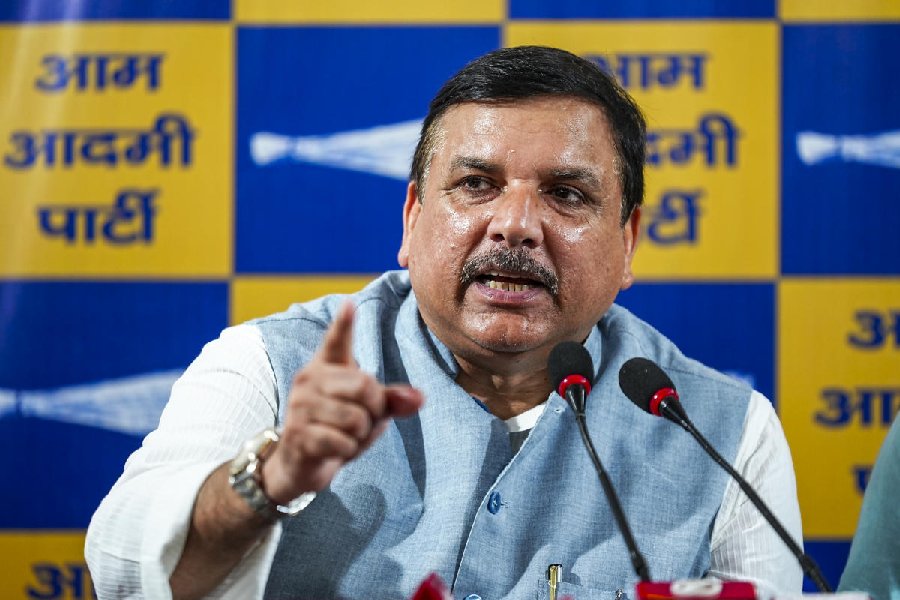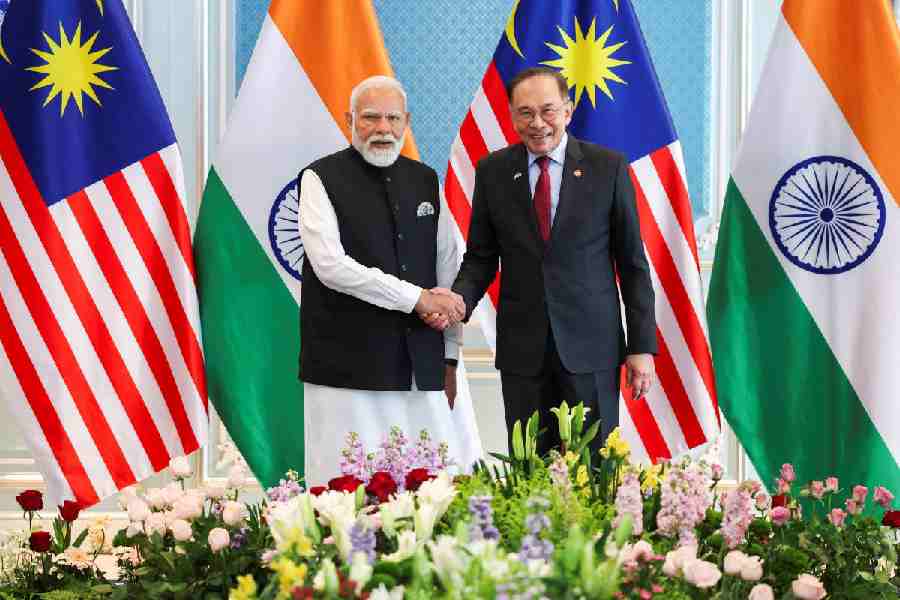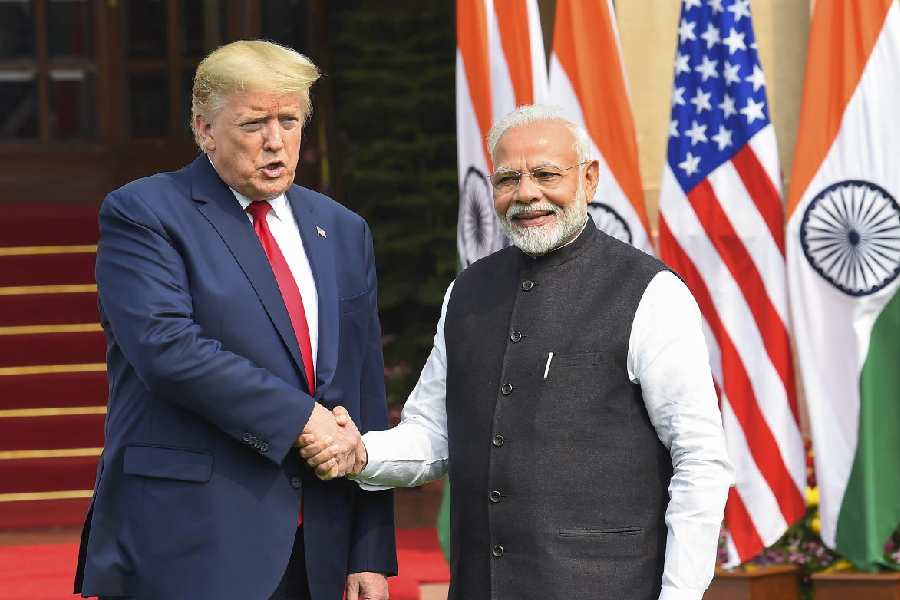There is often a sameness to change that would have been amusing if it did not have some serious implications as well. This is especially true of India, where the attitude towards certain basic issues such as gender and sexuality stubbornly remains the same no matter how much high-minded talks are exchanged on these subjects in every forum. To flow with the currents of change blowing across the globe regarding how marginalized groups such as those of homosexuals or transgenders are perceived and treated, India has, in recent times, spoken out against discrimination, passed inclusive laws and held celebratory parades. While the Election Commission has now given transgenders the option of registering their sexual identity under a separate category marked “others”, the government has recognized the third sex in documents such as passport forms or Aadhaar cards. Going hand in hand with these positive gestures is the incomprehension of the people, who still react with puzzlement, derision or just dismissal when they have to deal with sexual difference. This was evident in the response of the Supreme Court officials to three transgenders asking for an entry pass to the premises. The form, which visitors are required to fill in before entering, had no provision for letting in the ‘others’. Since the officials could not slot the visitors in either the “male” or the “female” box, they denied the latter entry till higher powers intervened on behalf of the three.
While this incident is, in a way, typical of officialdom — the denizens of which would rather stick to the written word than make the strenuous effort of applying their minds to a problem — it also says a few things about the larger society. It indicates why divisions — along the lines of gender, caste, religion and so on — flourish in India notwithstanding voices professing assimilation. The humiliation which Sita, one of the three transgenders, said she suffered, should be felt by all whose actions do not match their words.











